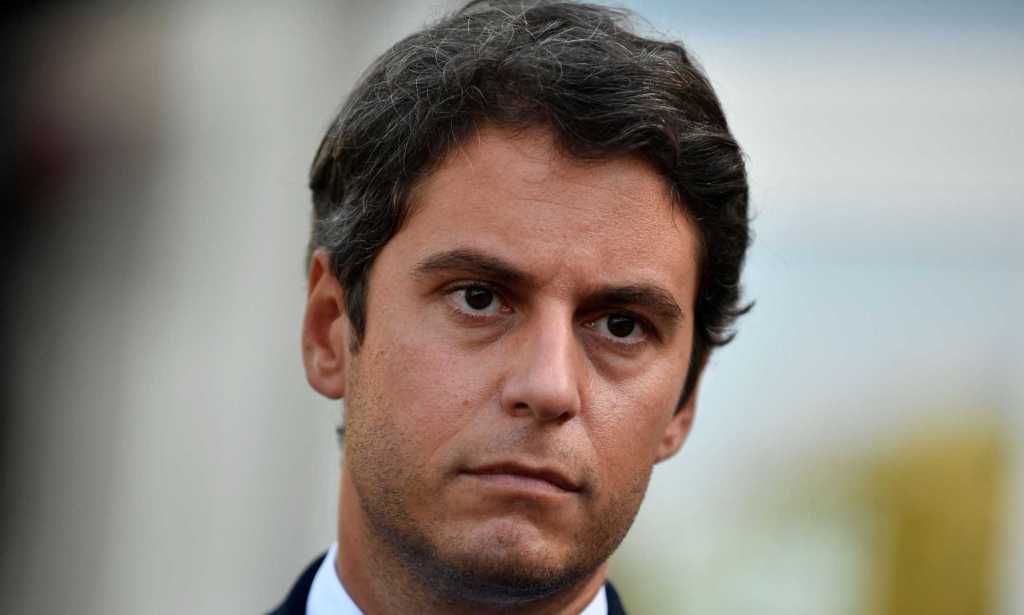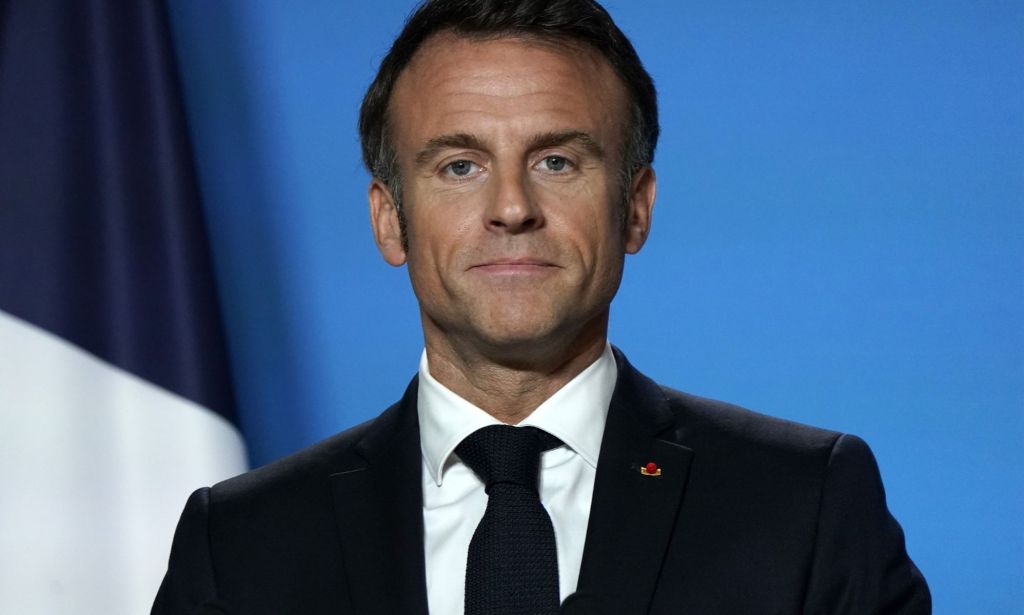Macron refuses to accept resignation of France’s first gay prime minister following election results

French PM Gabriel Attal is set to resign ( LUDOVIC MARIN/AFP via Getty Images)
French president Emmanuel Macron has rejected the resignation of France’s first gay prime minister Gabriel Attal following his party’s poor showing in Sunday’s (7 July) national elections.
Attal, France’s youngest – and first gay – prime minister had announced his intention to resign after his Renaissance party came second, behind the New Popular Front coalition.
The left-wing alliance of socialists, ecologists, communists and France Unbowed won 182 seats to Macron and Attal’s 168 – but both were left well short of the 289 needed for an absolute majority.
The far-right National Rally (RN) won 143 seats.
Tactical voting ensured Marine Le Pen’s RN didn’t gain power, after the anti-immigration party had been tipped to win in the wake of Macron’s decision to call a snap election.

On Sunday, Attal said he would submit his resignation today (8 July). “Even though we had three times better results than being envisaged, it doesn’t mean that it’s a majority,” he said. “So, faithful to the Republican tradition, I will withdraw tomorrow morning.”
But the president has now reappointed Attal,to head a caretaker government at least until after the Paris Olympics, which start on 26 July.
“I know that, in the light of tonight’s results, a lot of French people feel uncertainty about the future because no majority has emerged. Our country is in an unprecedented political situation and is preparing to welcome the world in a few weeks. I will stay in my role as long as duty requires,” Attal added.
Macron rejected Attal’s offer to step down, asking him to stay on “for the time being to ensure the stability of the country”.

The president is waiting to see how the new National Assembly plays before naming a new permanent prime minister. The PM is usually chosen from the largest parliamentary party, but does not have to be an MP.
The fact that no single party managed to gain a majority in the 577-seat parliament has left the country with an uncertain future.
Following the NR winning more than 33 per cent of the vote in the first round of parliamentary elections, riots broke out in Paris. Thousands of people set fire to rubbish, smashed shop windows and launched fireworks across the capital.
How did this story make you feel?

